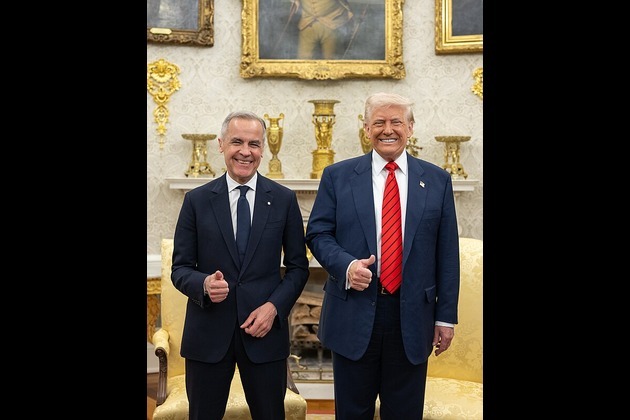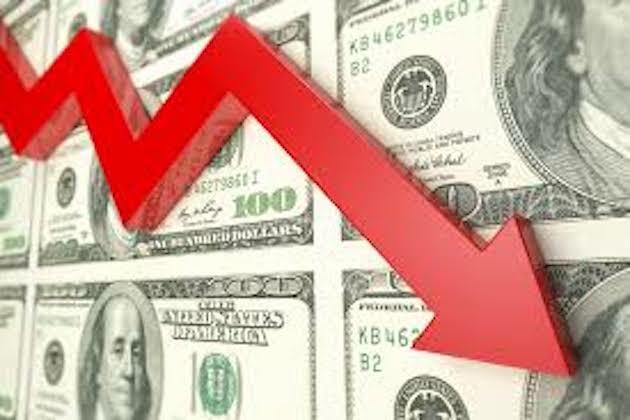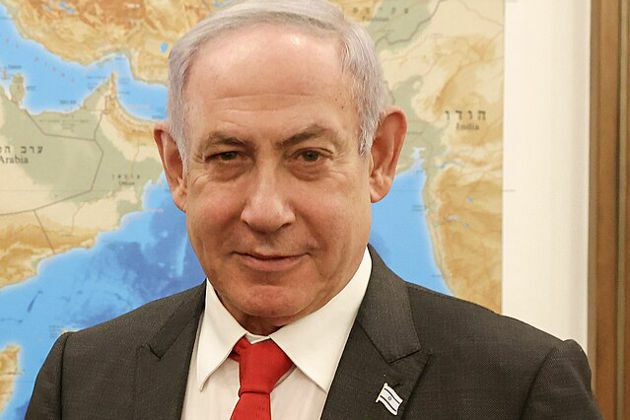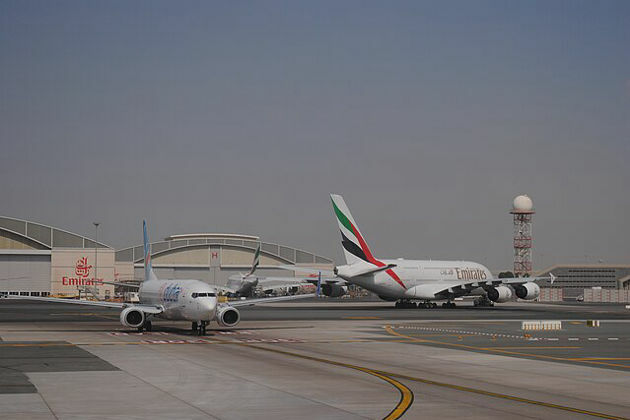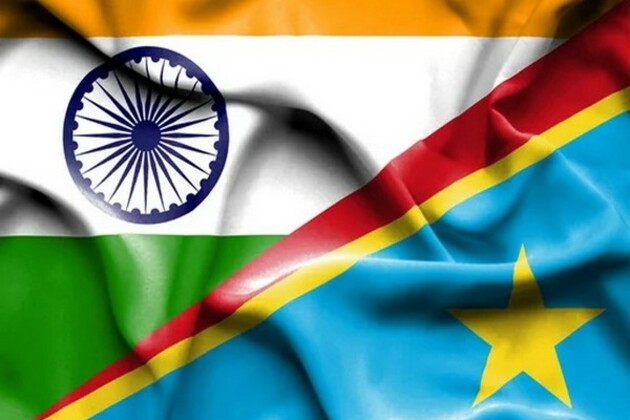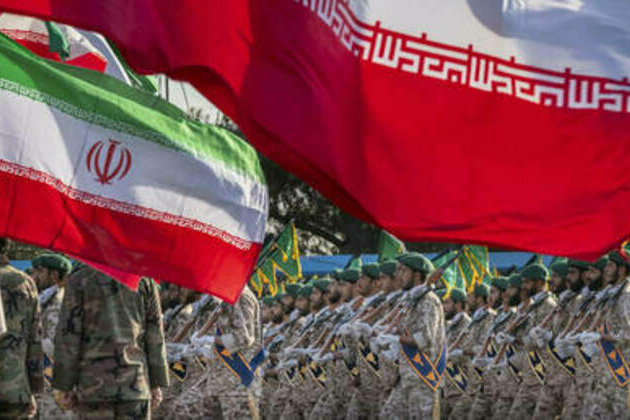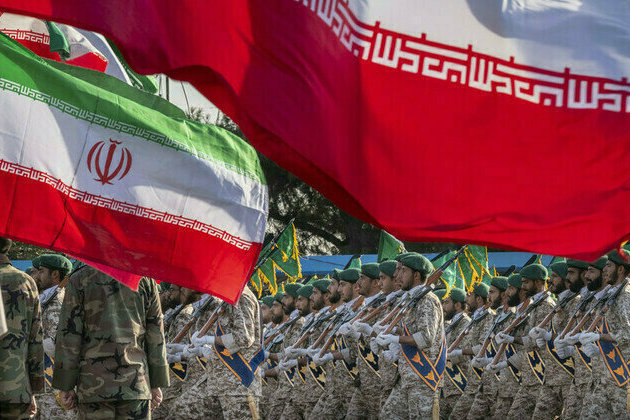Is China becoming a peacemaker, or is it just as aggressive as before?
The Conversation
17 Mar 2023, 02:08 GMT+10
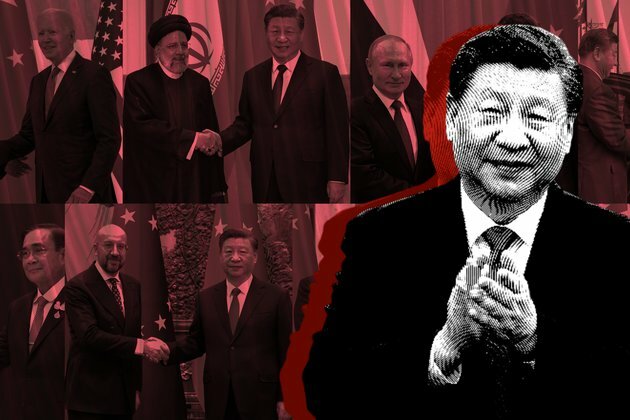
International media is flush with reports that Chinese President Xi Jinping may imminently visit Russia and hold a video conference with Ukrainian President Volodymyr Zelenskyy as he pushes China's vaguely worded peace plan to end the Ukraine war.
Beijing styling itself as a force for global peace is an image that jars with the assertive and abrasive foreign policy Xi has adopted.
China's air and naval forces have ramped up provocative actions in the contested waters of the East and South China Seas, it has deployed economic coercion against countries including Australia, Lithuania and South Korea, and its "wolf warrior" diplomats made headlines insulting foreign leaders, storming out of meetings and issuing inflammatory media releases and social media posts.
Following China's emergence from its long COVID lockdown and last year's Communist Party leadership changes, Chinese foreign policy appears to have entered a new phase.
Many expect it will follow one of two possible main paths.
The first would see China moderating its approach to the world so it can focus on domestic economic matters. China is experiencing its worst economic growth rates since the 1970s, beset with problems in its real estate, banking and high technology sectors. It makes little sense picking fights around the world.
The second path sees an emboldened Xi doubling down on China's assertiveness and taking advantage of an America distracted by Ukraine and struggling with domestic political unity.
So, which path will it take? The evidence so far is decidedly mixed.
Read more: Western leaders are divided over the future of relations with China
Path 1: China moderates its international approach
For those looking for moderation, there is plenty to see. The appointment of Qin Gang as foreign minister is thought to be a sign of a less assertive approach.
The erstwhile ambassador to the United States is regarded as a pragmatic figure with an extensive career in the ministry. While he is very close to Xi, he has published and spoken about the need for the US and China to get along.
And the demotion of Foreign Ministry spokesman Zhao Lijian, one of the most high profile of China's "wolf warriors", is being interpreted as demonstrating Beijing's desire to return to a more cautious diplomatic approach.
Equally, Beijing has sought to improve ties with some of the countries with whom it has had difficulties, including a thawing of relations with Australia that had been at their lowest ebb.
While China has long sought to influence international affairs as an investor, trader and supporter in development, it has more recently presented itself as a global leader that can promote peace in the world.
The deal it recently brokered between Iran and Saudi Arabia is a striking example. And of course it is styling itself as a peacemaker in Ukraine, although its proposal has obvious pro-Russian elements and is seen by some as disingenuous.
Path 2: China retains an assertive stance
Those who remain convinced China is a disruptive force in the world also have plenty of evidence.
Notwithstanding his reputation, the foreign minister's first dealings with the press made clear that while the incautious language of the wolf warriors has gone, he maintains a steely resolve to advance China's interests in the face of those who seek to contain its influence.
At its heart, the major tenets of Chinese foreign policy remain as they have been for some time. China wants to reshape the world so it better suits its interests. That means reducing the influence of the US and its allies in Asia and offsetting US power and influence at the global level. And it wants to use the instruments of trade, investment and aid to improve its standing around the world.
There's an added layer of complexity to this stance, however, due to Russia's invasion of Ukraine and Washington's increasingly hostile approach to China. This is driving China into quite difficult terrain by forcing it to straddle interests and values that pull it in very different directions.
It seems increasingly clear Putin did not inform Xi about the full extent of his war plans before the invasion. It's also clear China could do without the problems the war has created.
As the war has dragged on, however, Beijing has opted to "lean in" to its relationship with Russia - but only so far.
The two authoritarian powers share a desire to weaken Western global influence. Xi appears to have judged that, on balance, supporting Russia will advance that end.
But China also does not want to pay too high an economic price - it has scrupulously remained on the right side of the sanctions line - due to its need for growth and its broader reform ambitions.
Xi has long thought Washington would do what it could to limit China's ability to realise its potential. US President Joe Biden has continued much of the Trump administration's tough positions on China, and in some cases, such as the CHIPs act, gone even further.
This is prompting Beijing to respond in kind. It sees even the efforts by Biden to establish basic "guardrails" to manage the bilateral relationship as lacking in sincerity.
Which path is Beijing choosing?
As 2023 unfolds, we are likely to see a China that is at once more moderate and more hawkish than before.
It is a rising power facing a complex international environment that it seeks to change. And it has learned from the missteps it has made. At the same time, China still wants to do business with the world and build partnerships. It will inevitably create both friends and enemies.
If Xi's Ukraine peace gambit goes ahead, do not expect a resolution to the conflict. That is not China's goal. It wants to reduce the international consequences of the war and improve its global standing, while also weakening Western influence.
And that long-term goal is not going away any time soon.
Author: Nick Bisley - Dean of Humanities and Social Sciences and Professor of International Relations at La Trobe University., La Trobe University 
 Share
Share
 Tweet
Tweet
 Share
Share
 Flip
Flip
 Email
Email
Watch latest videos
Subscribe and Follow
Get a daily dose of Iran Herald news through our daily email, its complimentary and keeps you fully up to date with world and business news as well.
News RELEASES
Publish news of your business, community or sports group, personnel appointments, major event and more by submitting a news release to Iran Herald.
More InformationBusiness
SectionWall Street extends rally, Standard and Poor's 500 hits new high
NEW YORK, New York - U.S. stock markets closed firmly in positive territory to start the week Monday, with the S&P 500 and Dow Jones...
Canadian tax on US tech giants dropped after Trump fury
WASHINGTON, D.C.: On Friday, President Donald Trump announced that he was halting trade discussions with Canada due to its decision...
Trump-backed crypto project gets $100 million boost from UAE fund
LONDON, U.K.: A little-known investment fund based in the United Arab Emirates has emerged as the most prominent public backer of U.S....
DIY weight-loss drug trend surges amid high prices, low access
SAN FRANCISCO, California: Across the U.S., a growing number of people are taking obesity treatment into their own hands — literally....
Apple allows outside payment links under EU pressure
SAN FRANCISCO, California: Under pressure from European regulators, Apple has revamped its App Store policies in the EU, introducing...
Euro, pound surge as U.S. rate cut odds grow after Powell hint
NEW YORK CITY, New York: The U.S. dollar tumbled this week, hitting its lowest levels since 2021 against the euro, British pound, and...
Middle East
SectionIsrael should act fast on new peace deals, Netanyahu says
JERUSALEM, Israel: Israeli Prime Minister Benjamin Netanyahu says that Israel's success in the war with Iran could open the door to...
Doctors warn that baby formula in Gaza is critically low
KHAN YOUNIS, Gaza Strip: Hisham al-Lahham is one of 580 premature babies in Gaza who may die from hunger, according to Gaza's Health...
Hundreds of flights worldwide were grounded over Israel-US-Iran attacks
NEW YORK CITY, New York: The escalation of conflict between Israel and Iran, compounded by the United States' military involvement,...
India extends warm greetings to Congo on their Independence Day
New Delhi [India], July 1 (ANI): External Affairs Minister S Jaishankar on Monday extended warm wishes to the government and people...
Iran's next war with Israel will be final one - RT source (EXCLUSIVE)
The anonymous source has claimed that Tehran still possess numerous new generation missiles, against which Israel is defenseless ...
Irans next war with Israel will be final one RT source (EXCLUSIVE)
The anonymous source has claimed that Tehran still possess numerous new generation missiles, against which Israel is defenseless ...


